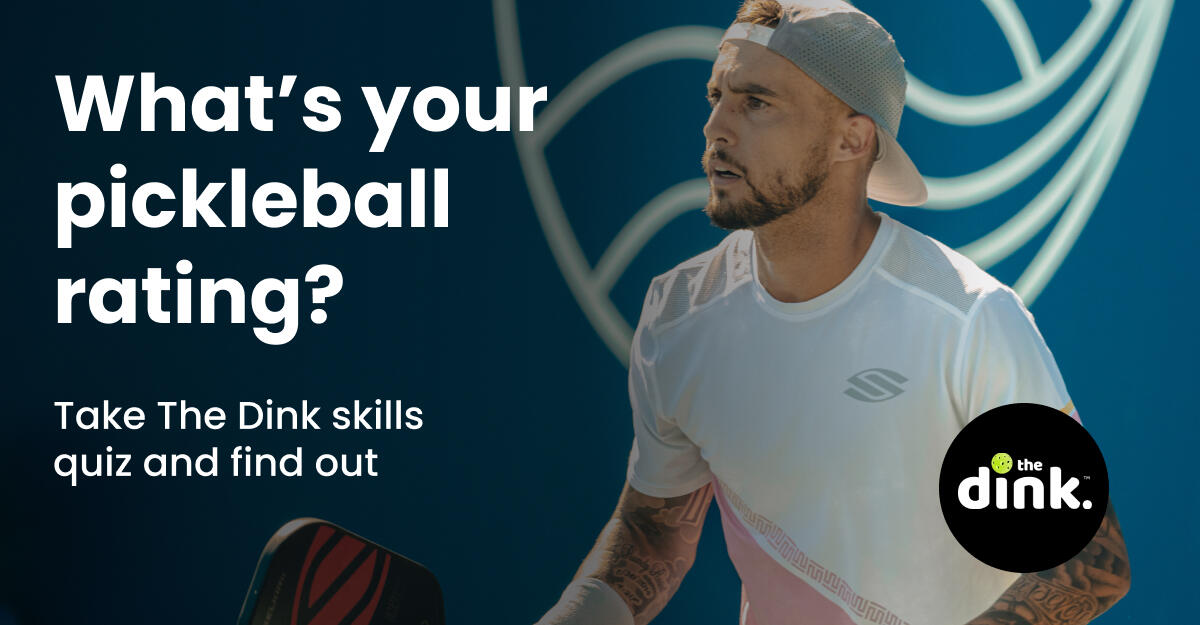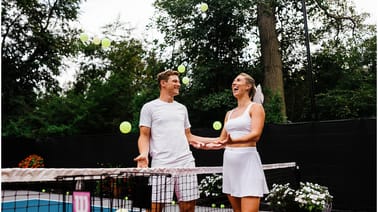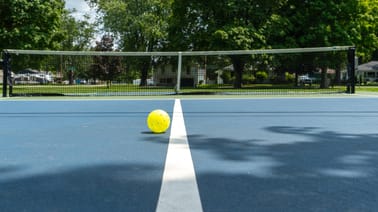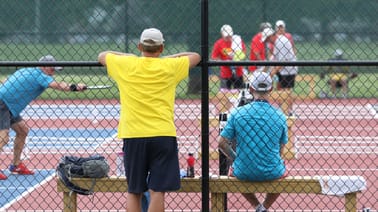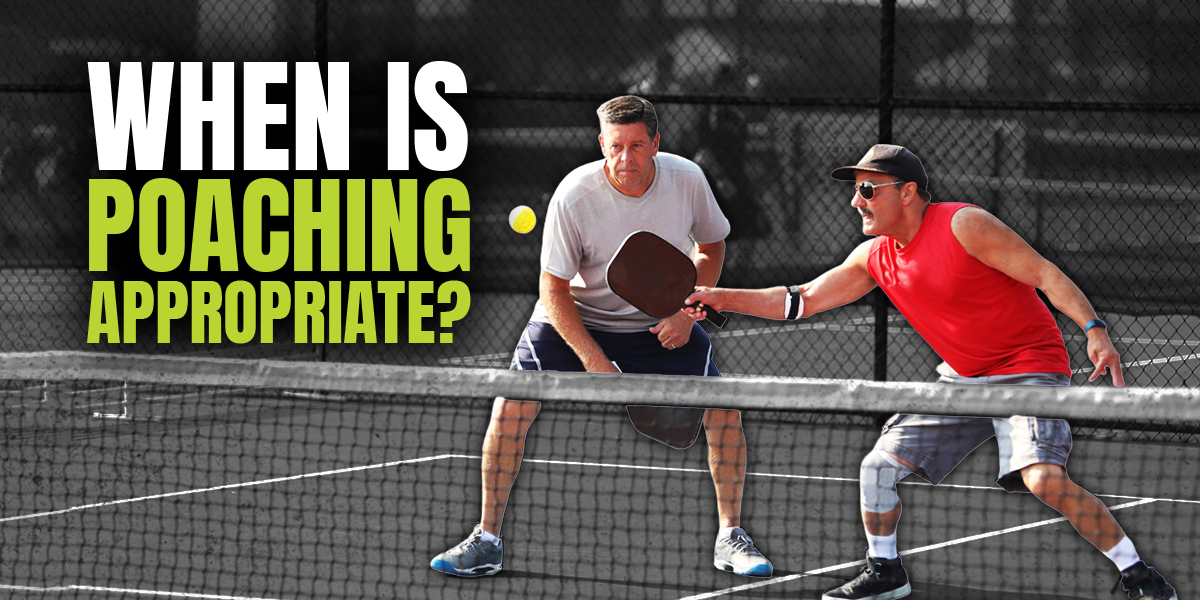
Editor's Note: Mike Leigh lives in Colorado, where he teaches pickleball in the summer and skiing in the winter. Prior to that, Mike spent 30 years working with elite athletes to improve their performance. Mike’s book, ‘Zen and the Art of Pickleball’, focuses on the mental game of pickleball.
I was once a tennis player and tennis instructor. But when I found pickleball about six years ago, I put my tennis rackets away and have not touched them since.
I now exclusively play pickleball.
I also teach pickleball in the mountains of Colorado during the summer and fall. I play in the occasional tournament and over the past six years I have won five gold medals, four silver and four bronze in both men’s and mixed doubles.
My current UTR-P rating is 5.5. I’ve published two books on pickleball, both first and second editions of ‘Zen and the Art of Pickleball’, which can be purchased on Amazon.
Now, on to a topic I hope you find interesting and informative – poaching.
In tournaments, I think that poaching is a good idea at the appropriate time and in the appropriate circumstance. If I’m at the net and my partner is back to return serve, then I can use hand signals to let my partner know that I intend to poach the opponent’s third shot.
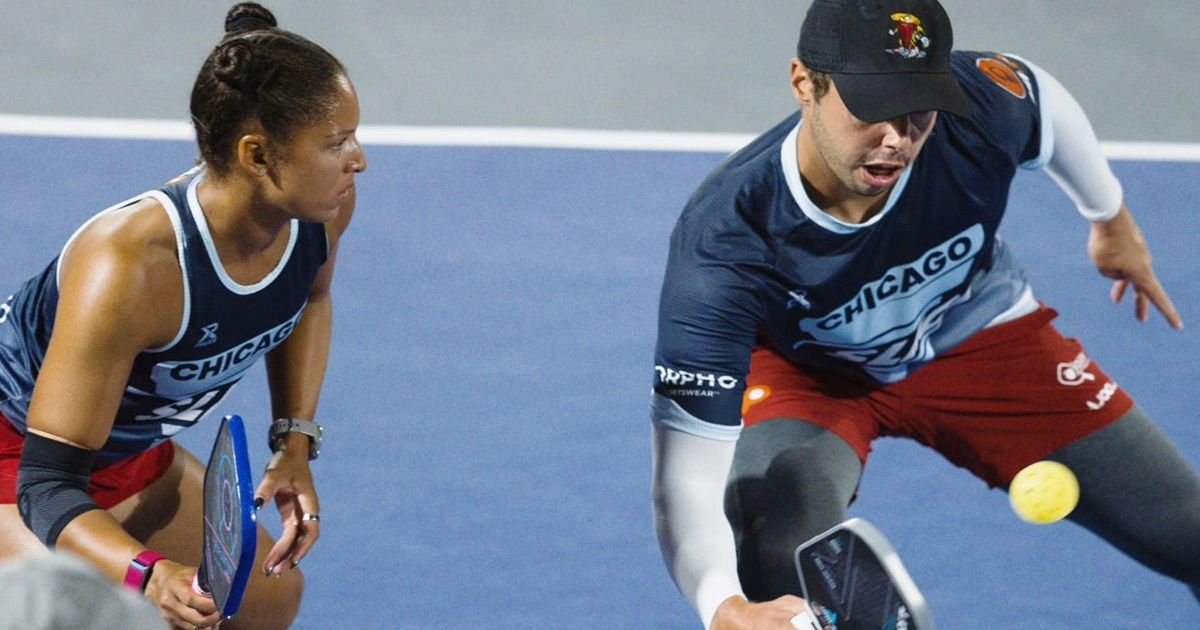
My partner must then switch sides to cover the court I’ve left open. And during a rally, if for some reason my partner is back and I’m at the net, then I’ve got the green light to poach. But I’d better hit a winner because when I poach, my partner and I most likely will end up on the same half of the court. This leaves the other half of the court open for our opponents to hit a winner.
If we’re both at the net and my partner is pulled to the sideline for a shot, then I move to cover the middle and might poach a shot across the midline. If I’m up and my partner is back, we want to communicate about who takes the next shot. I may be tempted to poach a shot hit to my partner’s side of the court. But if my partner is closing in on that shot hit to their side, then they should yell 'me' or 'mine' so that I don’t poach and cause a collision.
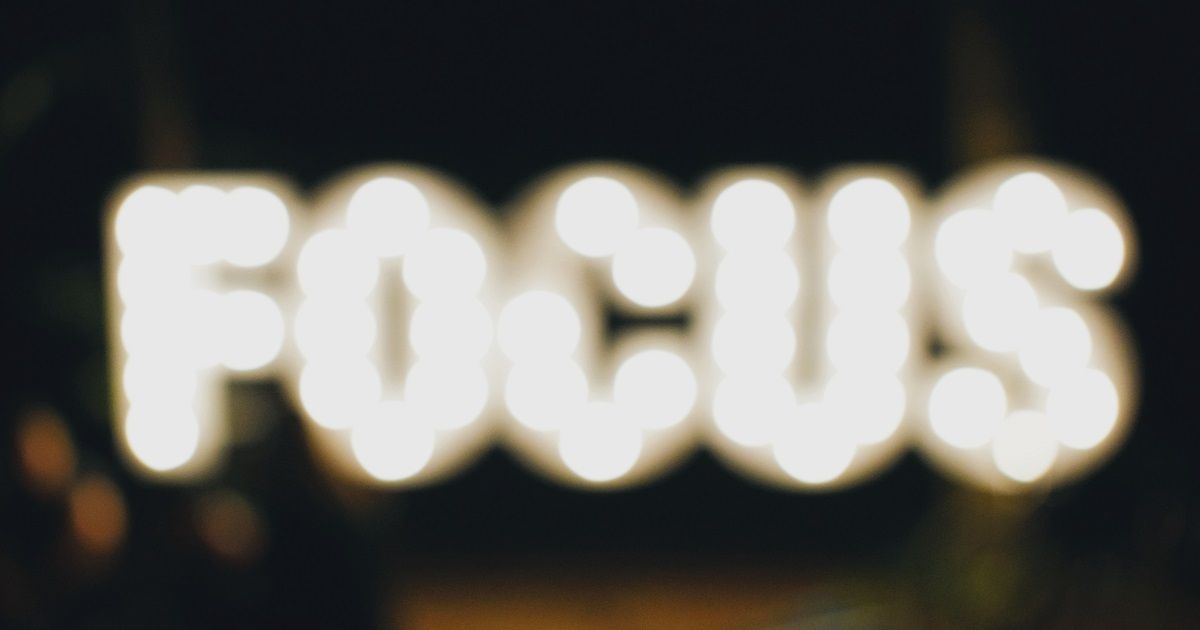
I endorse poaching in these situations in tournament play. However, during recreational play, I refrain from poaching almost all of the time. I stay on my side of the court because I want my partner to hit as many balls as possible so they can improve their game. The only reason I might poach would be if my partner is pulled outside their sideline; then I need to cover the entire court and will poach if needed. Otherwise, I will not cross the midline for any reason.
I feel that poaching is a selfish act on my part in this instance, depriving my partner of the chance to make a shot from their side of the court. I witness many players that don't agree with this premise. There are many players who think that their job on the court is to poach if it will win the point. Again, I believe this is a selfish attitude. I really do not care if we win every point or every game in a recreational setting.
Which brings me to a theme from a chapter in my book.
In ‘Zen and the Art of Pickleball,’ the last chapter is titled ‘The Zen of Winning.'
I discuss how the final score of a game does not matter. What matters is that for every chance you get to hit the ball, you hit the best possible shot that you can, regardless of your skill level. Hitting a good shot feels good and gives you a sense of success and accomplishment.
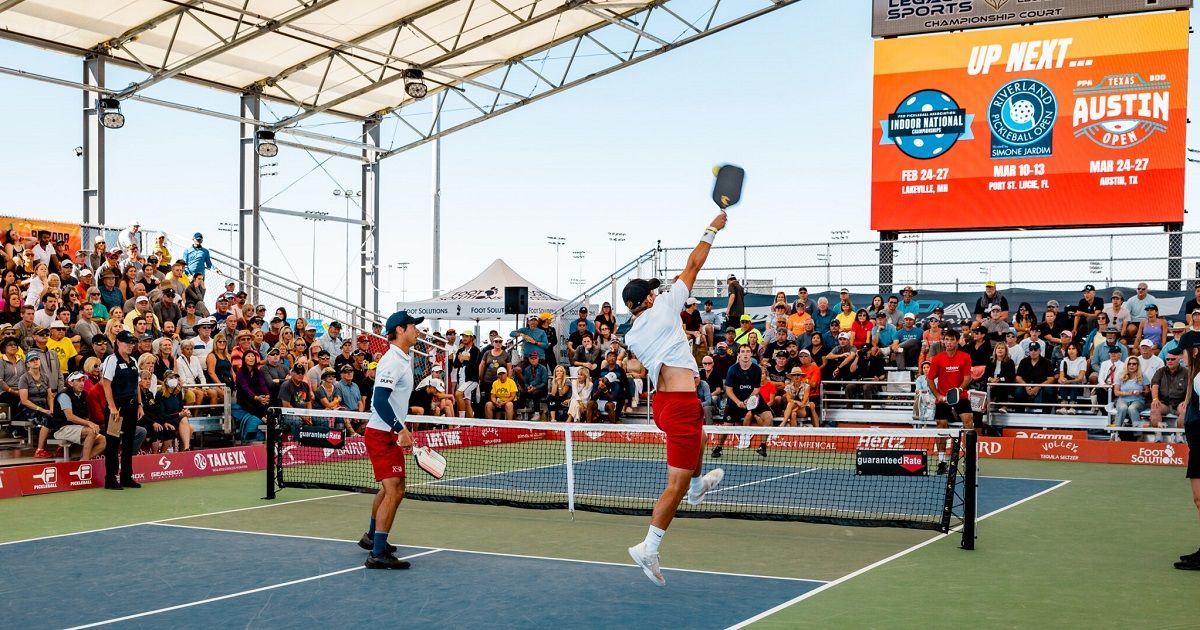
During a game, you can hit many good shots and feel like a winner many times over. I rarely remember whether I have won or lost based upon the final score of a game. No matter the final score, I can come away feeling like a winner if I’ve hit some good shots.
Therefore, poaching during recreational play – in my opinion – is a selfish move by a player to win the point. It reduces the possibility of the poacher’s partner hitting the shot and feeling like a winner. The double negative is when the poacher hits the ball out or buries it into the net and loses the point. This compounds the problem since, without the poach, their partner might have been able to hit a winning shot.
I’d like to know what you think of my opinion about poaching. Please e-mail me at mike.leigh@ideas4usall.com.
